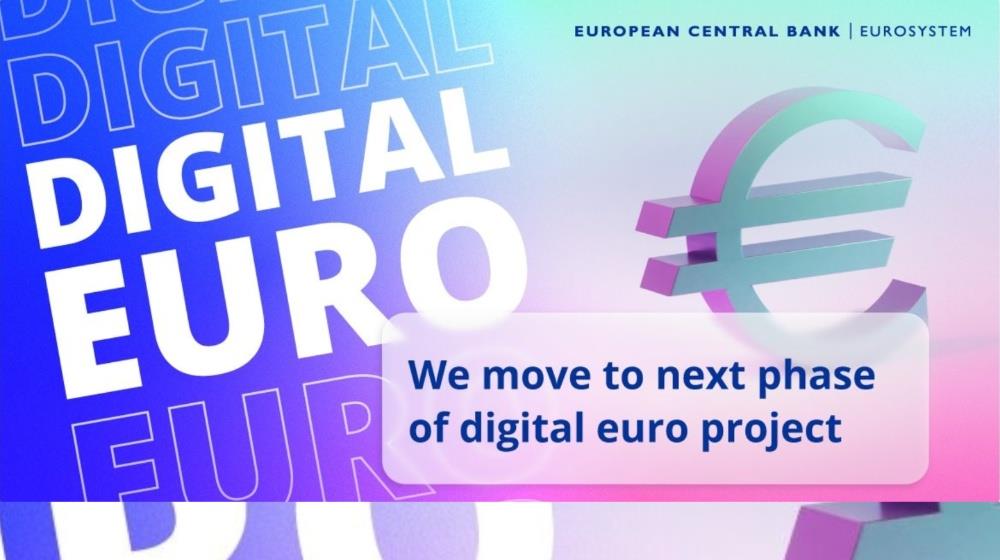The European Central Bank (ECB) is gradually moving forward with the implementation of the digital euro – a new means of payment alongside cash and electronic transactions, aiming to offer security, convenience and accessibility across the Eurozone.
Under the new framework, citizens will have a digital wallet to store and spend their digital euros. The wallet may be offered by an existing payment provider (their bank for example), while the ECB is also designing its own European wallet. Transactions will be carried out via mobile phone or other devices.
At a press conference on the digital euro, the Central Bank of Cyprus (CBC) said that in its initial phase, the digital euro will be available only to individuals, for payments in physical stores, online and peer-to-peer (P2P) transactions. It may be expanded to business-to-business (B2B) transactions or even used outside the Eurozone at a later stage.
Key outstanding issues
According to Stelios Georgakis, Director General of the CBC's Directorate General Payments, several key issues must be resolved before the pilot phase begins, as part of the completion of the legislative framework. These include:
-
The limit on the amount of money each user can hold in digital euros;
-
The allocation of fees among payment service providers;
-
And a cost limitation mechanism, ensuring that the system remains beneficial for both merchants and consumers.
The maximum holding limit will be determined based on economic conditions and monetary policy. Once the institutional framework is finalised, the pilot phase will begin, followed by the official launch of the digital euro.
Accessible even without electricity
Special care is being taken to ensure universal accessibility, particularly for people with disabilities, the elderly and vulnerable groups.
Furthermore, the digital euro will be designed to function even without electricity or internet access – a crucial feature in times of crisis.
This means that even those who do not use it regularly will likely open a digital euro account so that they can access it in emergency situations.
The purpose of the digital euro
According to the ECB, the creation of the digital euro is essential to prevent the European payment system from falling behind cryptocurrencies and stablecoins. At the same time, it said, it responds to citizens’ demand for more modern, secure and European means of payment.
The new system is not intended to replace banks or payment providers, it stressed. On the contrary, they will continue to play a central role, managing users’ accounts. In this context, the ECB said it will not handle Know Your Client (KYC) procedures nor operate as a public account provider.









